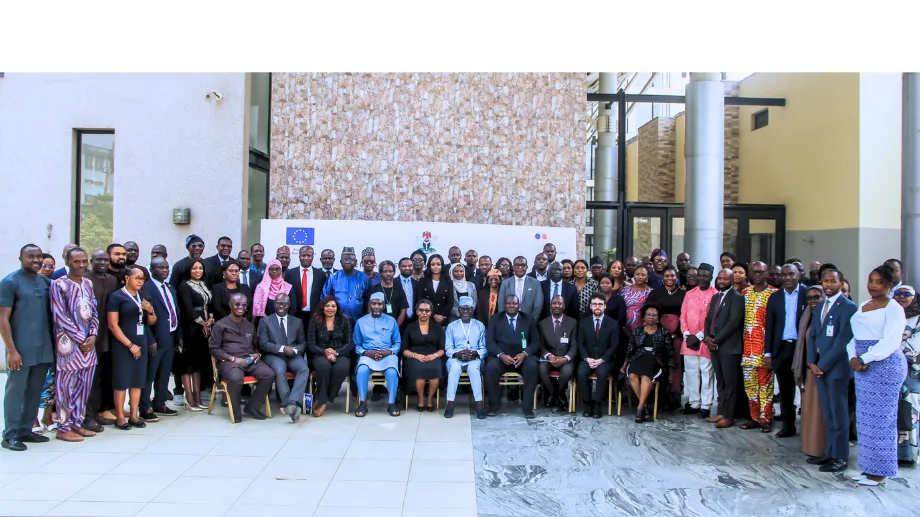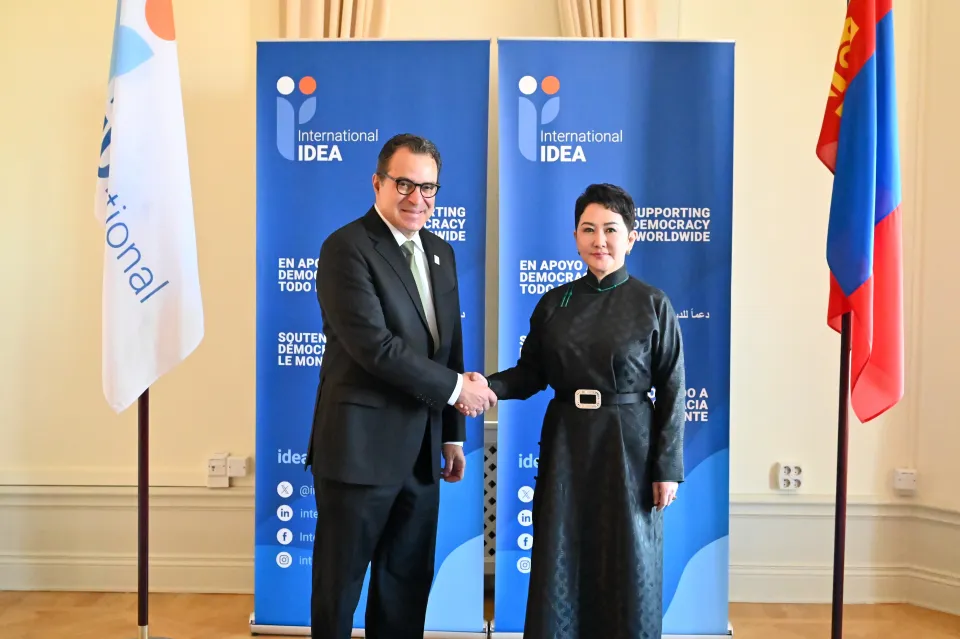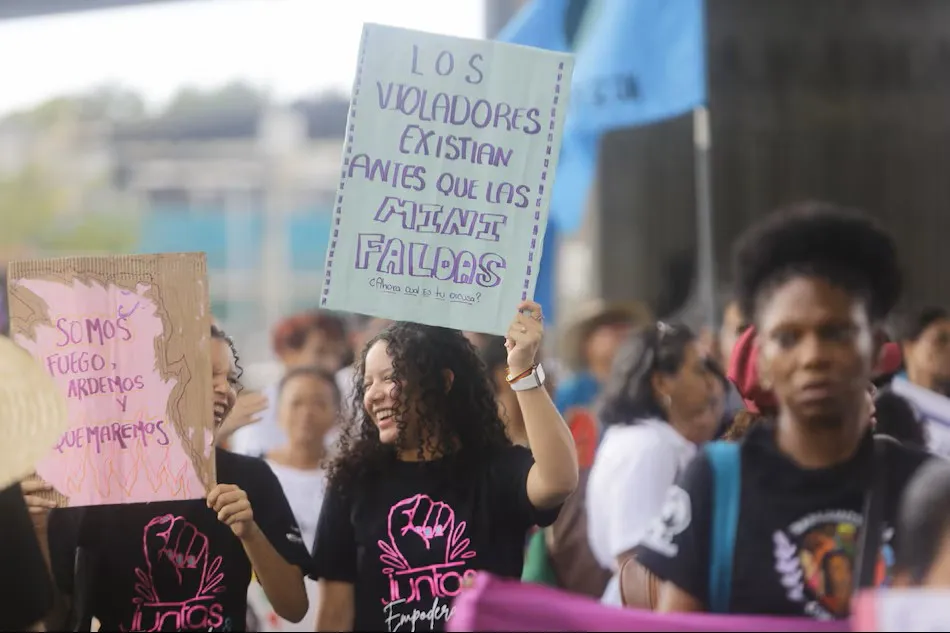RoLAC hosts an anti-money laundering strategy workshop with stakeholders in Nigeria

This workshop, held on Wednesday, 21st February 2024, sought to increase the stakeholders' knowledge and have them review and validate the draft National AML/CFT/CPF Strategy 2023-2027 for implementation.
The workshop commenced with a welcome address by Mr Muhammed Jiya, the Associate Director of Analysis and Compliance at the Nigeria Financial Intelligence Unit (NFIU), who represented the outgoing Director/CEO, Mr Modibbo R. Hamman Tukur. In his address, Mr Jiya underscored the workshop's significance in kickstarting the implementation of the National Strategy, emphasising the key objectives as including the enhancement of Nigeria's legal framework to combat AML/CFT/CPF, fostering international cooperation, and strengthening the technical and operational capacity of concerned institutional entities.
Discussions were particularly engaging, with participants expressing commendations, seeking clarifications, and raising crucial questions. Key topics included the challenges and lessons from implementing similar Strategies, essential actions to optimise the time left to respond to the global Financial Action Task Force's (FATF's) recommendation for redeeming Nigeria from its grey-listing and the attendant consequences. The importance of collaboration with private sector entities was also discussed.
The panel session revolved around the Monitoring and Evaluation (M&E) framework, which Dr. Emmanuel Uche anchored. His presentation emphasised the importance of tying the M&E framework to the vision, setting clear key performance indicators, and fostering stakeholders' engagement. The ensuing panel discussion delved into national frameworks for implementing the strategy and role oversight ministries for effective implementation.
The Head of the Program at International IDEA/RoLAC, Mr Danladi Plang, and Mrs Nkiru Jones-Nebo, representing the IMC Chairman, also echoed the urgency of addressing corruption, insecurity, and economic challenges. They highlighted the pivotal role of collaboration and the three strategic objectives of the Strategy: Strong barriers, Effective detection, and Dissuasive consequences.
Furthermore, the workshop featured insightful presentations, starting with Dr Muazu Umar from the Intergovernmental Action Group against Money Laundering in West Africa (GIABA), emphasising the IMC's critical role in coordinating AML/CFT/CPF efforts. This was followed by updates on Nigeria's ICRG Action Plan by Mrs Hauwa Abubakar Faruq, who highlighted the alignment between the AML/CFT/CPF Strategy and the ICRG Action Plan.
Mr. Ahmed Yero from NDLEA discussed the high-risk predicate offences and advocated for strategic coordination and international cooperation. The Associate Director, Analysis & Compliance, NFIU, concluded the presentations by elucidating the IMC's role in coordinating AML/CFT/CPF efforts.
The discussions that followed each presentation were quite engaging. Participants expressed commendations, sought clarifications, and raised crucial questions. Particularly interesting were the discussions around implementing the strategy, recovering lost time, and collaborating with private sector entities.
The workshop concluded with actionable recommendations. Key action points included circulating the strategy for review, courtesy visits by the Nigeria Financial Intelligence Unit (NFIU) to relevant agency heads for buy-in, and advocacy efforts to sensitise the IMC on the new AML/CFT/CPF strategy and action plan.
This focus on outcomes underscores a collective commitment to fortify Nigeria's stance against money laundering, terrorist financing, and weapons proliferation. The discussions and subsequent action points provide a roadmap for a more secure and accountable future.




